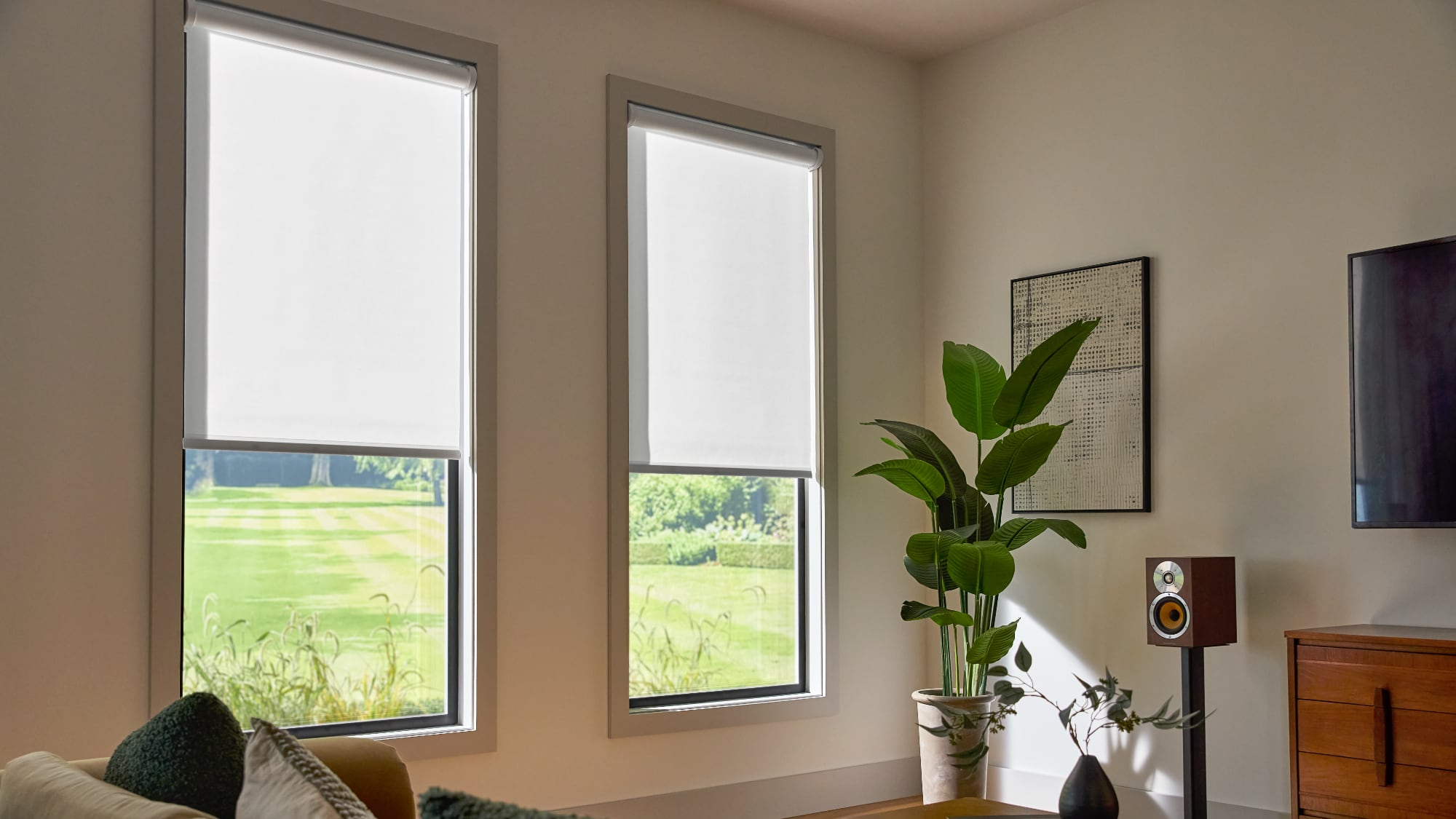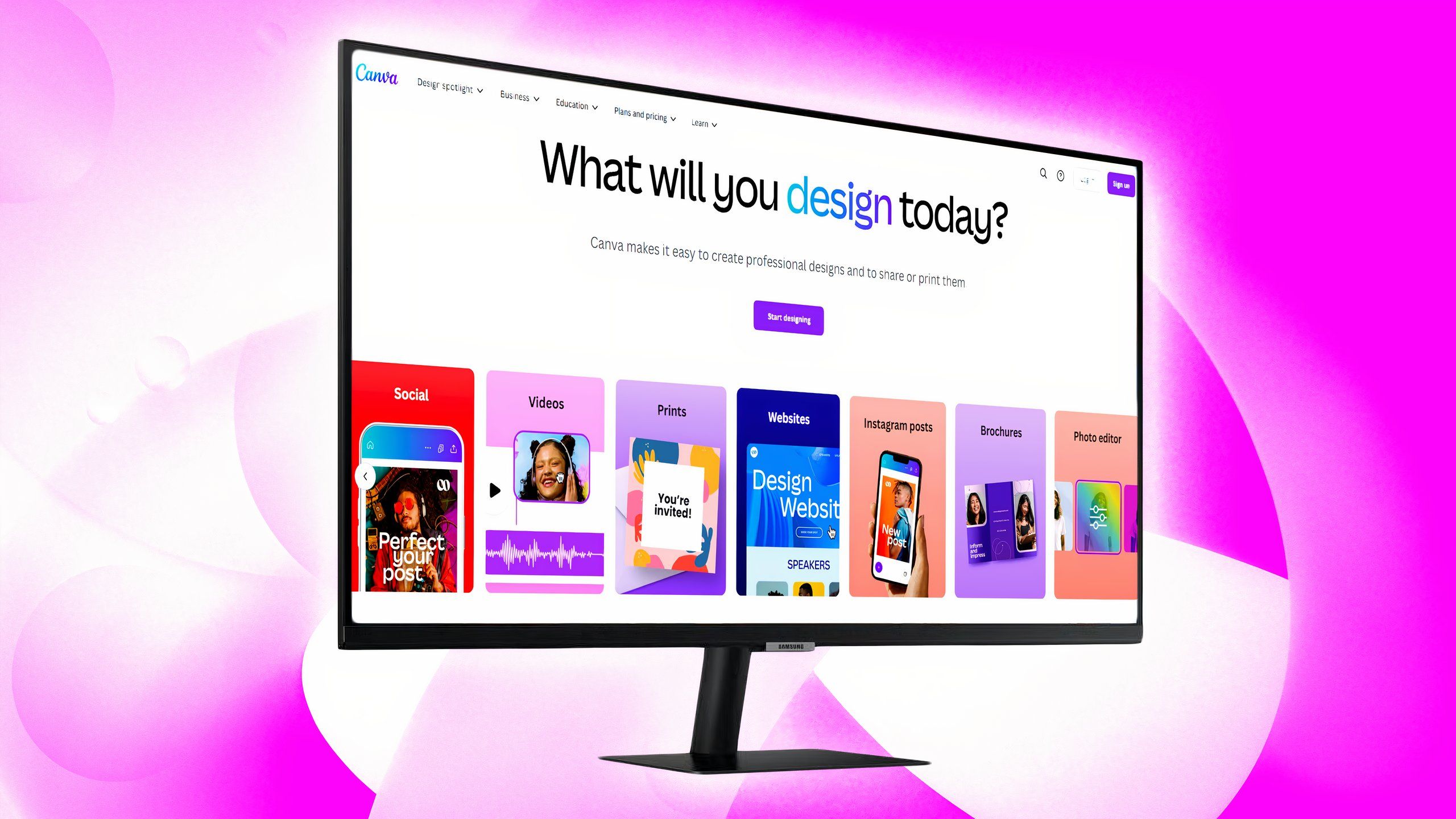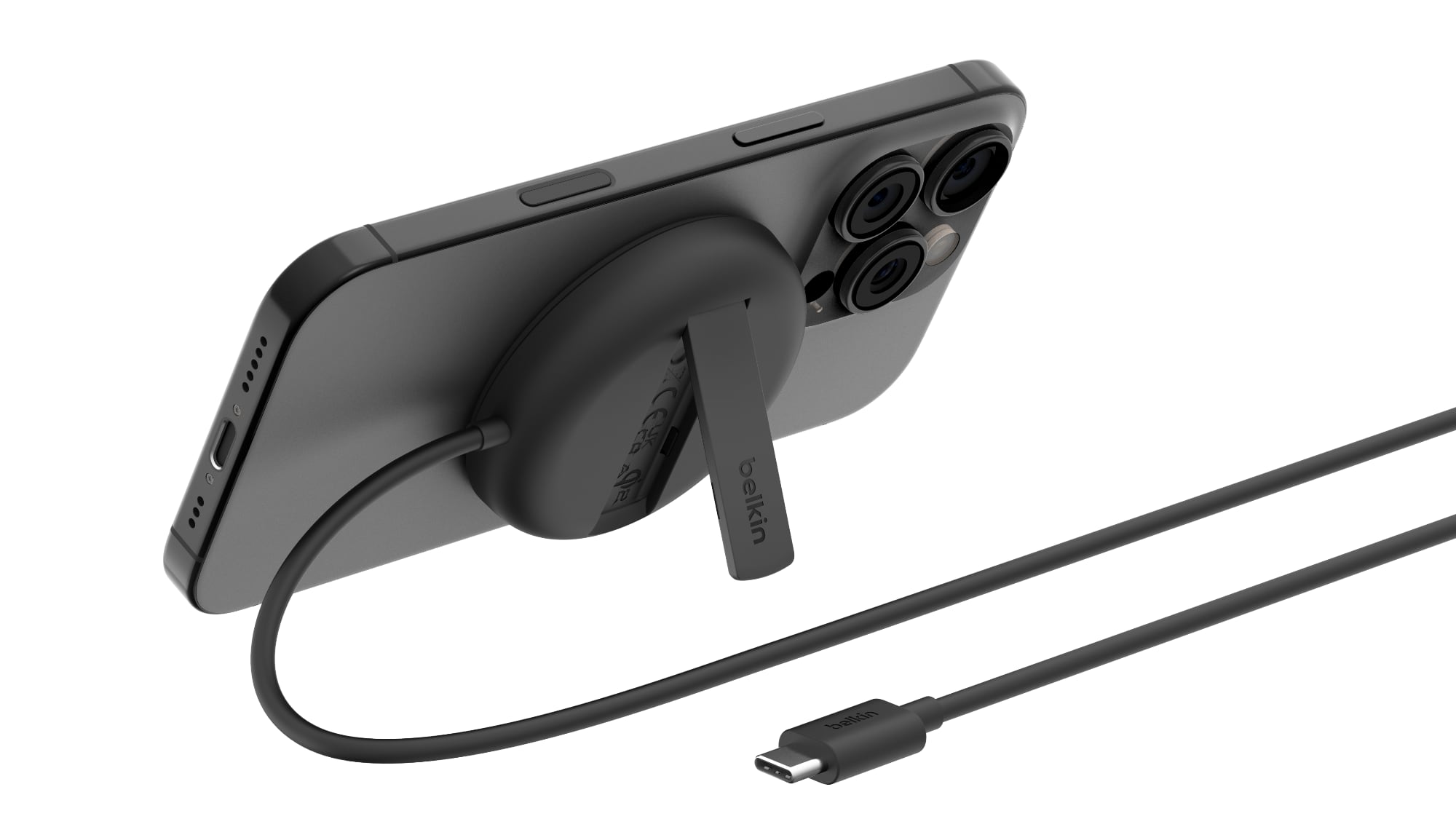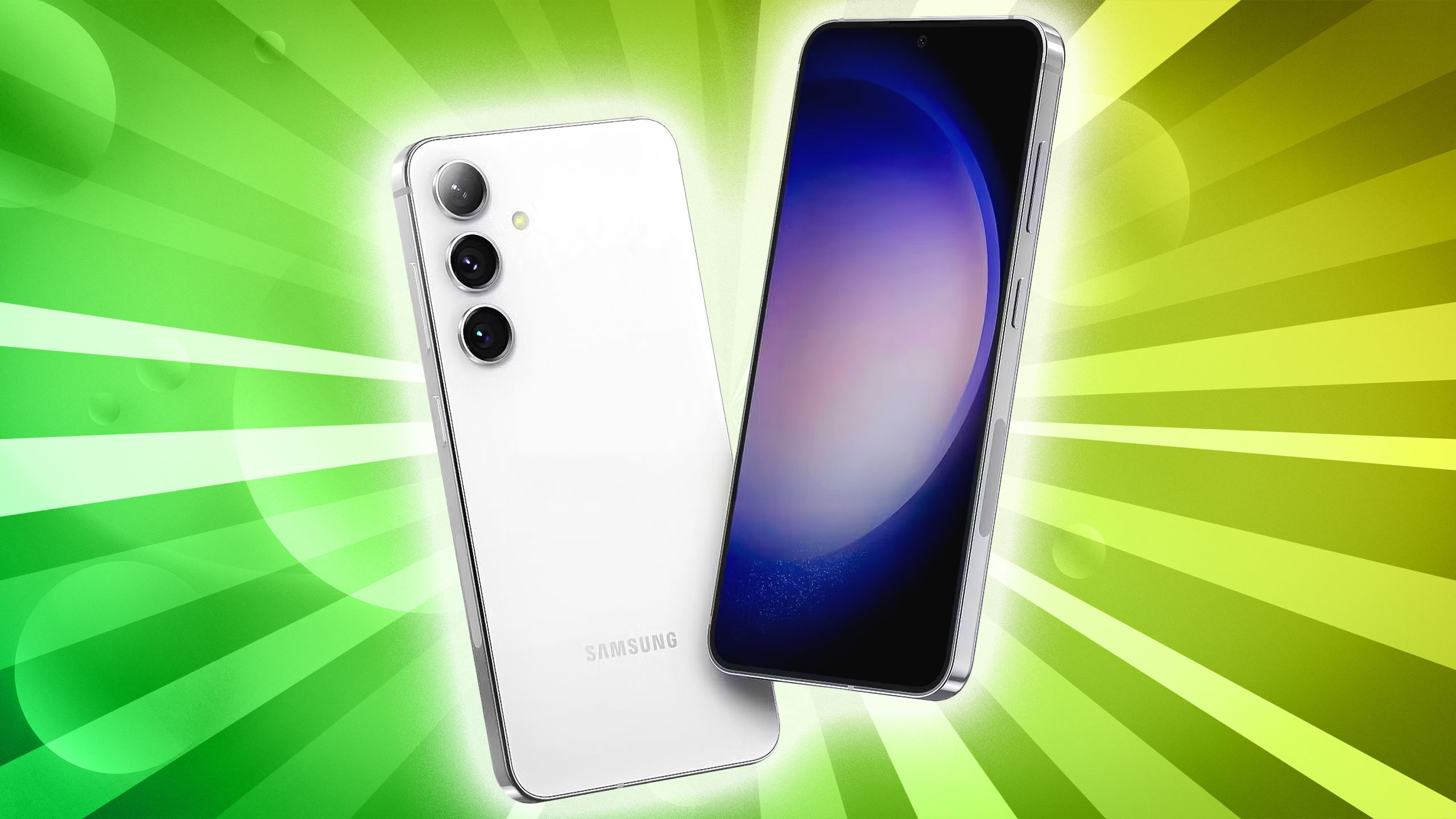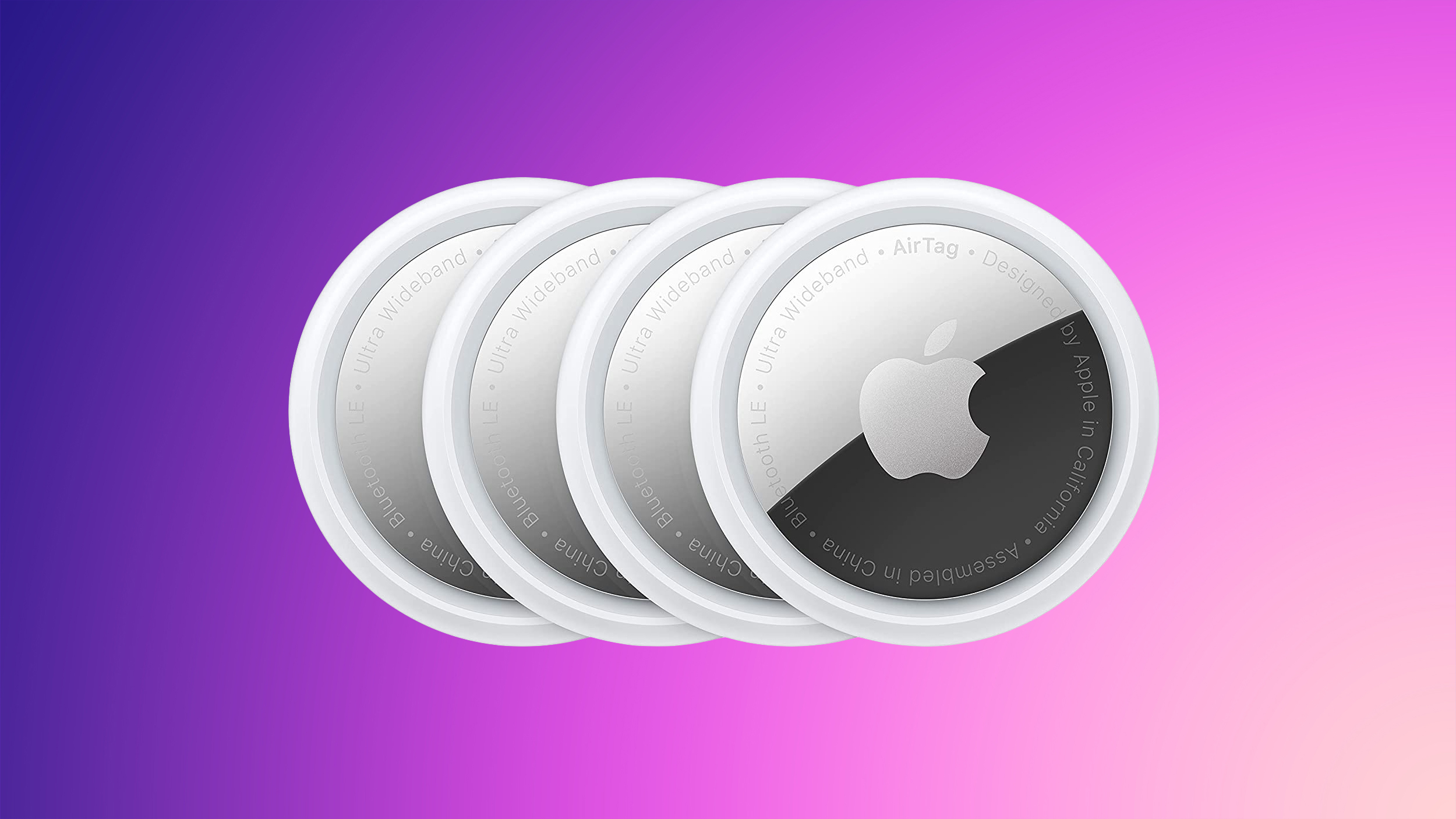Apple and Google scupper NHS Covid-19 app update plans

Apple and Google have thrown as spanner into the works of the UK’s plans to unlock restrictions using the NHS Covid-19 app, by blocking an update designed to allow location sharing.
Because the app sits on a framework developed by Apple and Google to ensure user privacy, part of the terms and conditions is that the app cannot be used as a source of precise location data, which is what the UK government wanted it to be used for.
The planned update would have allowed users to scan QR codes for venues they visited, which could then be uploaded and used as part of the contact tracing mechanism should an outbreak or positive case get linked to a particular person.
Unfortunately, because that breaks the terms and conditions outlined by Apple and Google, an update to allow that functionality has been blocked on the Apple App Store and Google Play Store.
Currently, venues can generate QR codes for scanning, but that data then stays in the app and can’t be shared – essentially, using the NHS app, there would be no centralised record of who actually visited a venue.
It was a function in the app when it originally launched, but while some venues produced QR codes, many went on to produce their own contract tracing solutions – from notes on a pad and paper, through to booking and ordering apps taking contact details, which could then be used by local contact tracing teams if needed.
On one hand, being able to log your location makes sense, but on the other hand, with fears about what data might be used for, we can understand why some people wouldn’t want to do it – and why Apple and Google set those terms and conditions in the first place.
It also remains the case that there’s unified approach to contact tracing. Users, paranoid about data security might not scan the QR codes, but if venues insist on taking contact details before service is given or booking is allowed, then that’s probably the more reliable approach anyway.
The NHS Covid-19 app has seen plenty of headlines. This was the app that was originally going to be developed by the NHS for contact tracing via smartphones, which went through trials on the Isle of Wight before being scrapped.
It was then replaced by the current app that sits on the framework developed by Apple and Google, which the UK government had originally said it wasn’t going to use.
The app works by detecting the proximity of one smartphone to another, over a period to time. When a user tests positive, the app can then register that and then notifications can then be sent to others who have been in contact with that person to take the appropriate action.
It’s designed to contact trace in anonymous situations, for example for people who might have been on the same bus, but are otherwise strangers. As the UK enters a new phase of unlocking, we’re sure there will be a wide range of options offered for contact tracing moving forwards.
